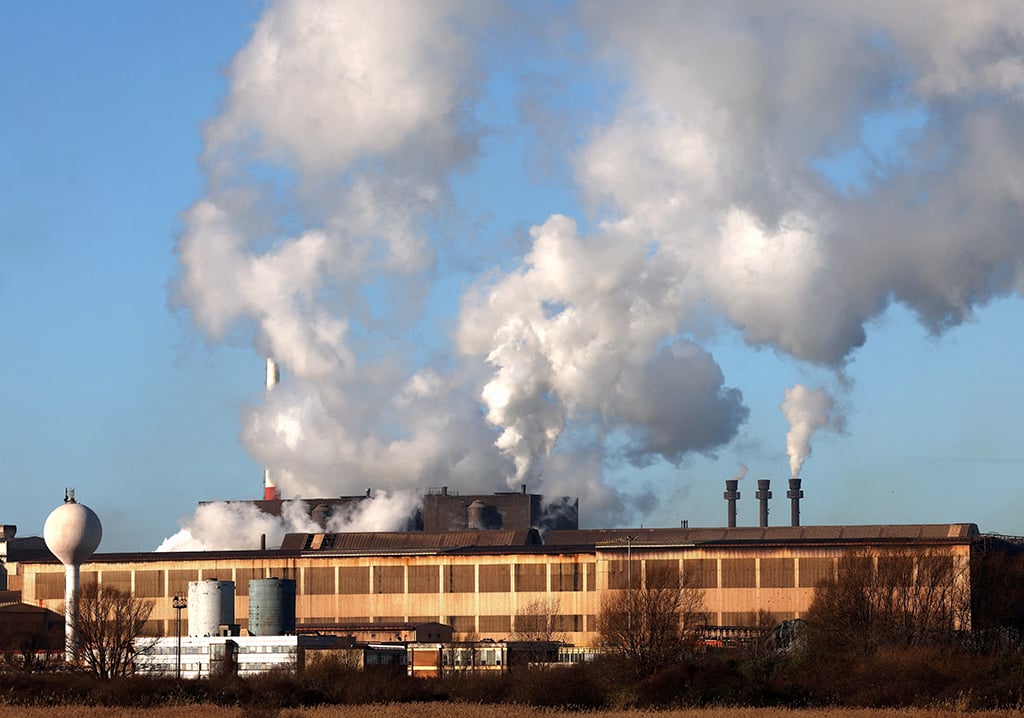If the 1.5°C threshold is exceeded, researchers fear humanity will be forced to witness a world with serious climate impacts for people, wildlife and ecosystems.

CO2 emissions are now 6% higher than when countries signed the Paris Agreement at COP21
The study found that fossil fuels accounted for 36.8 billion tonnes of the estimated 40.9 billion tonnes of CO2 released into the atmosphere this year, up 1.1% from last year. The good news is that some of the world’s major emitters managed to reduce their emissions this year, including the US (down 3%) and the European Union (EU) (down 7.4%).
However, China, which accounts for nearly a third of global emissions, is expected to see its CO2 emissions from fossil fuels rise by 4% in 2023. Meanwhile, India’s emissions are expected to rise by more than 8%, meaning it will overtake the EU to become the world’s third-largest emitter of fossil fuels.
Veteran expert Glen Peters of the Center for International Climate and Environmental Research (Norway) pointed out a bleak reality: CO2 emissions are now 6% higher than when countries signed the Paris Agreement at COP21 in 2015.
Paradox: Cutting pollution is warming the planet?
“The situation is becoming increasingly urgent,” author Pierre Friedlingstein of the University of Exeter (UK) told reporters. He warned that the world must act immediately if it is to maintain a chance of achieving the goal of limiting global temperature rise to below 1.5 degrees Celsius.
Source link












































































































Comment (0)